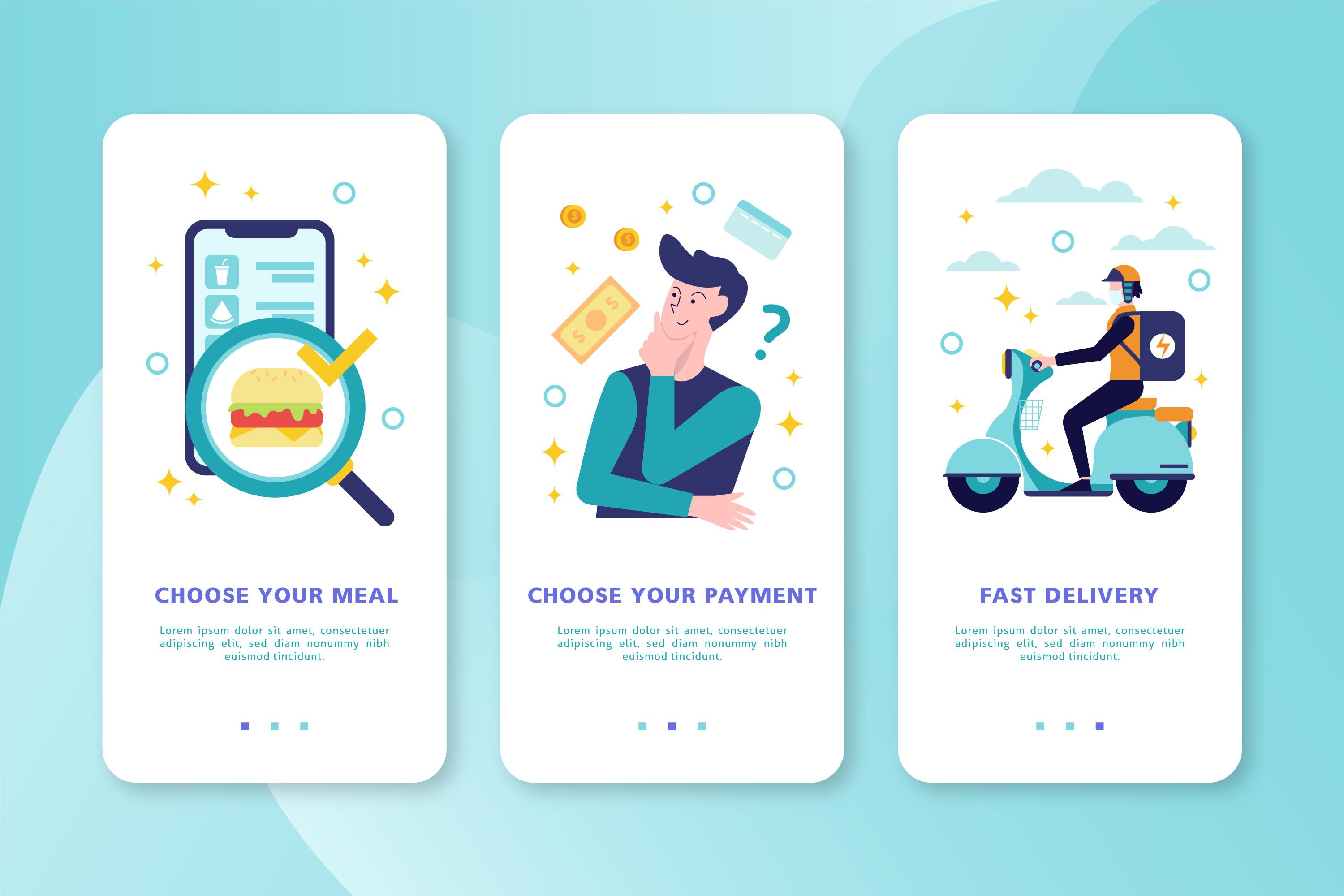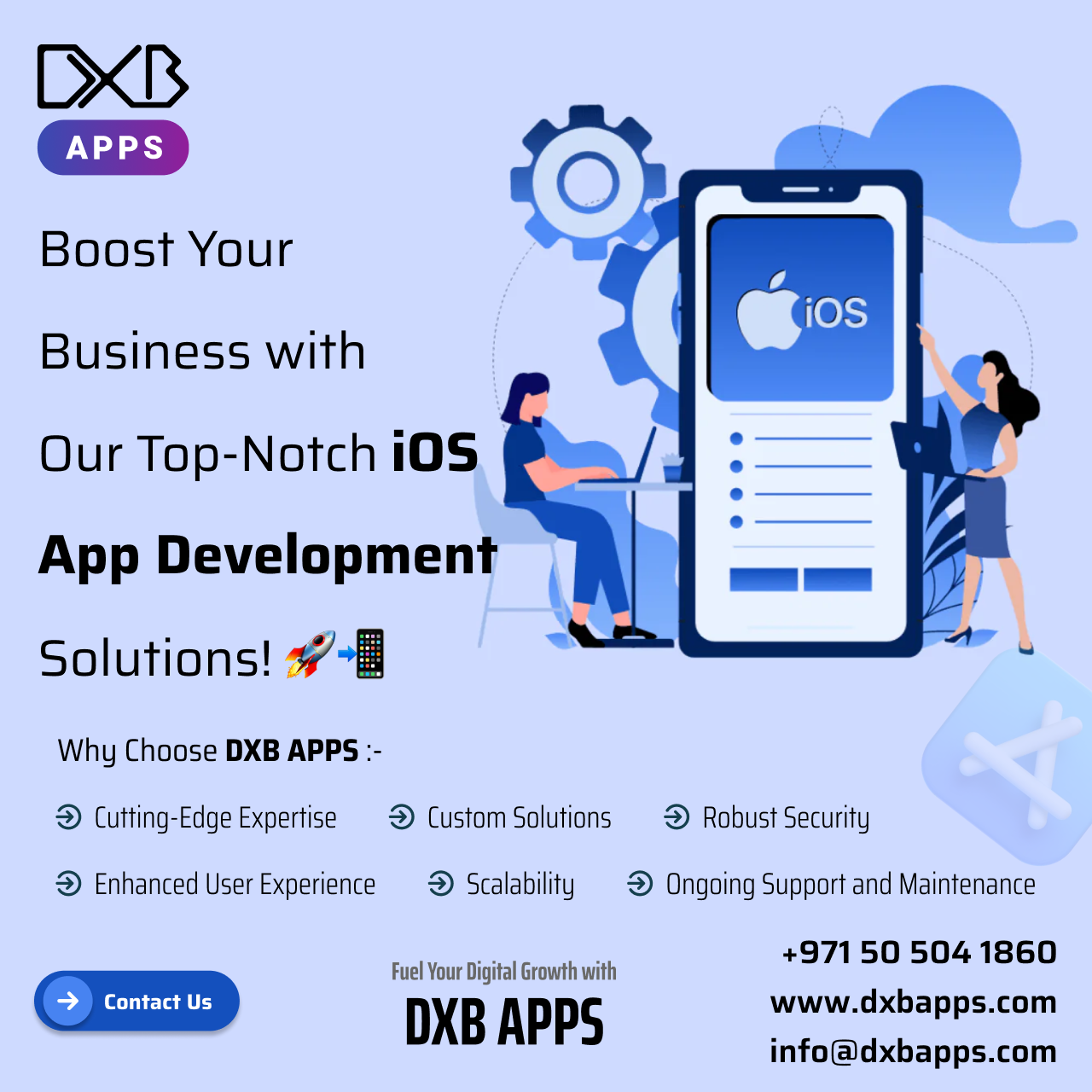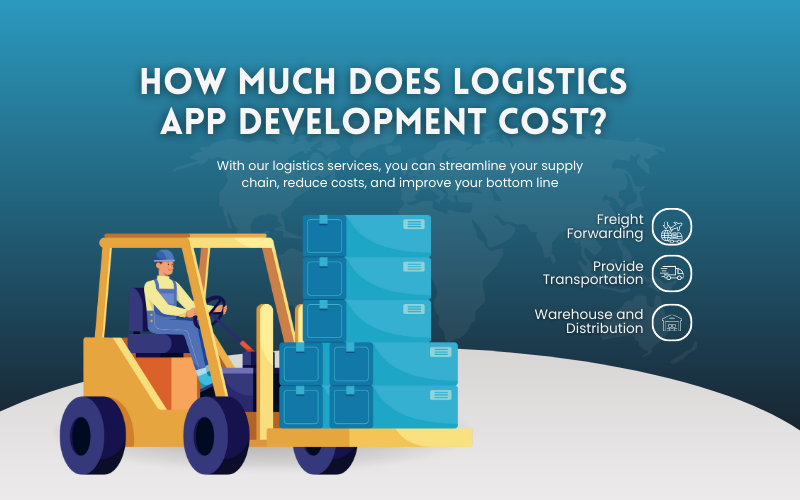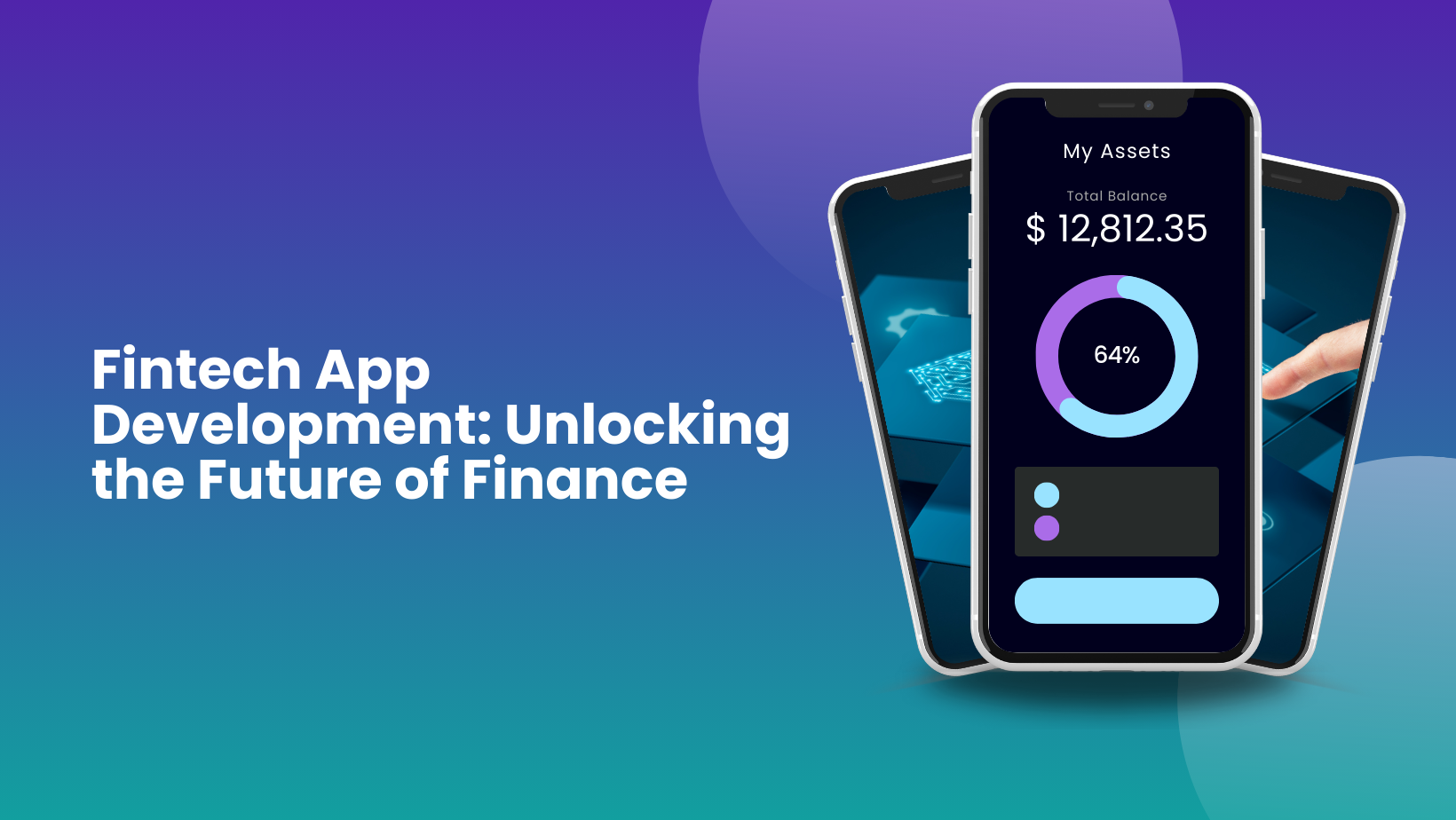Mobile App Development in 2025: Navigating Innovation, Expectations & Emerging Technologies

Mobile App Development in 2025: Navigating Innovation, Expectations & Emerging Technologies
✍️ With billions of downloads annually, app development continues to drive innovation across industries. Explore how to create future-ready apps that scale globally.
The mobile app development landscape in 2025 continues to push the boundaries of what smartphones and digital products can achieve. As user expectations rise and technologies become more integrated into everyday life, developers and businesses alike must adapt to a rapidly shifting digital ecosystem.
From artificial intelligence to cross-platform frameworks and heightened security demands, mobile app development today is more complex—and more exciting—than ever before. This article explores the key trends, technologies, and strategic considerations that are shaping how mobile apps are conceived, built, and scaled in 2025.
The Maturing of Cross-Platform Development
In recent years, cross-platform mobile development has emerged as a compelling alternative to native development. Tools like Flutter, React Native, and Kotlin Multiplatform allow developers to write one codebase and deploy it across iOS and Android, significantly cutting down development time and costs.
In 2025, these frameworks have matured to the point where performance, UI flexibility, and native integrations are nearly indistinguishable from native apps. Businesses, especially startups and SMEs, are increasingly turning to cross-platform solutions to get their MVPs and core apps into users' hands faster.
AI Is No Longer Optional
Artificial Intelligence (AI) and Machine Learning (ML) are no longer premium add-ons—they're foundational to modern mobile experiences. Whether it’s providing personalized content, predicting user behavior, enabling smarter search, or powering chatbots, AI has permeated almost every facet of app functionality.
Fitness apps use AI to tailor workout plans. Retail apps offer dynamic pricing and individualized product suggestions. News apps deliver curated reading lists based on user interest and behavior patterns. In development, AI-driven tools are assisting with automated testing, bug detection, and even code generation.
Developers today need to understand not only how to integrate AI but also how to do so ethically, respecting user privacy and maintaining transparency.
5G & Edge Computing Are Game-Changers
The widespread adoption of 5G and the rise of edge computing have unlocked a new era of real-time, high-performance mobile experiences. Tasks that previously required server-side processing—like AR rendering, real-time collaboration, and HD content streaming—can now be handled on-device or at the network edge, reducing latency and improving speed.
This enables apps to deliver richer, more immersive experiences. Think real-time multiplayer gaming, virtual product try-ons, or even remote surgery applications—previously unimaginable on mobile.
Privacy, Security & Trust Are Central
As regulatory frameworks like GDPR, CCPA, and others become global standards, users have become more aware of how their data is collected and used. Developers must now design apps that offer transparent data policies, secure storage, and minimal data collection by default.
Biometric authentication, end-to-end encryption, and data anonymization are just a few of the measures developers are implementing to stay compliant—and gain user trust.
Super Apps and Ecosystem Thinking
Inspired by WeChat and Grab in Asia, the concept of “super apps” is slowly gaining ground globally. These are apps that consolidate multiple services—payments, social features, transportation, shopping—into a unified ecosystem. Users benefit from convenience, and businesses benefit from data and retention.
While not every business needs to become a super app, the trend underscores the growing demand for multi-functional platforms and tighter integration between different aspects of the user journey.
Developer Tools and Frameworks Continue to Evolve
The modern mobile development stack is increasingly modular and efficient. Cloud-native backends, API-driven development, and no-code/low-code platforms are reducing barriers to entry and speeding up the development cycle. Teams can now focus more on design, UX, and business logic, rather than backend plumbing.
Companies offering specialized mobile app development services are rising in demand, especially those focused on agile processes and scalable architecture. One example includes https://gojilabs.com, which has been noted for building digital products across healthcare, finance, and consumer applications. Their work reflects the growing demand for apps that are not only technically solid but also user-focused and adaptable to different industries.
The UX Frontier: Accessibility, Personalization, and Motion Design
Modern users demand apps that are intuitive, fast, and inclusive. Accessibility is becoming non-negotiable, with developers implementing features like voice navigation, scalable fonts, and color-blind friendly design from the outset.
At the same time, personalization has reached new heights. Apps now adapt dynamically to user behavior—content changes, layouts evolve, even navigation can shift based on context. Microinteractions and motion design are also being embraced to make experiences feel more human and fluid.
What Lies Ahead?
Looking beyond 2025, technologies like spatial computing, neural interfaces, and ambient AI hint at an even deeper fusion between the physical and digital worlds. Mobile apps will continue to evolve into ambient, context-aware experiences—always available, highly personalized, and seamlessly integrated into users’ environments.
However, the foundation will remain the same: understanding users, solving real problems, and delivering experiences that feel effortless. Businesses and developers that keep users at the center of innovation will be best positioned to thrive.
Final Thoughts
The mobile app development journey in 2025 is defined by rapid innovation, rising expectations, and a greater emphasis on ethical design and performance. Whether you’re a business exploring your first mobile solution or a developer keeping pace with the latest tools, staying informed is key. The future of mobile isn't just about apps—it’s about smarter, faster, more human digital experiences.
Note: IndiBlogHub features both user-submitted and editorial content. We do not verify third-party contributions. Read our Disclaimer and Privacy Policyfor details.







